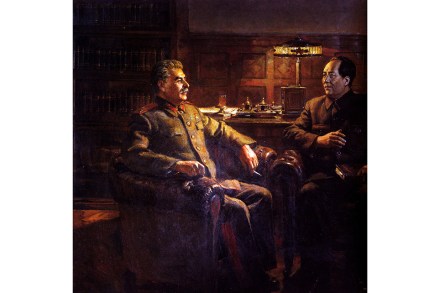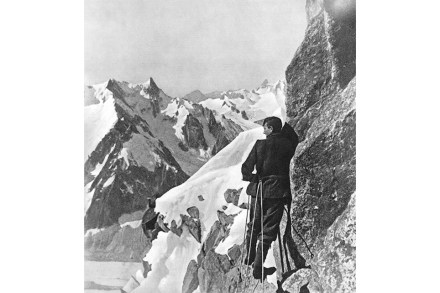Haunted by the past: Winterberg’s Last Journey, by Jaroslav Rudis, reviewed
Jaroslav Rudis’s latest novel follows the 99-year-old Wenzel Winterberg, a Sudetenland German, and his middle-aged Czech carer, Jan Kraus, on what is a quirky European take on the buddy road-trip story. Marx claimed that ‘men make their own history’, but do so under the burden of the past, with the weight of dead generations upon





















